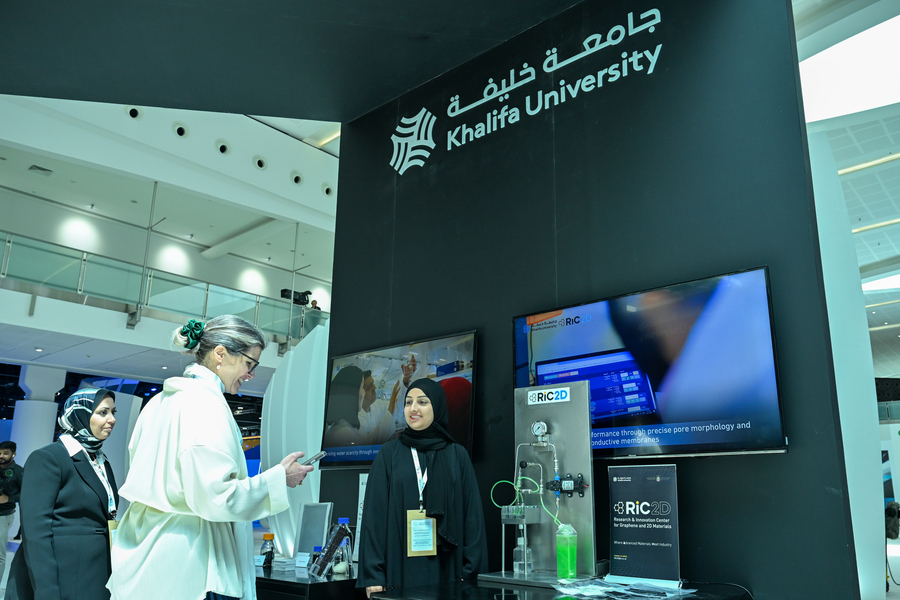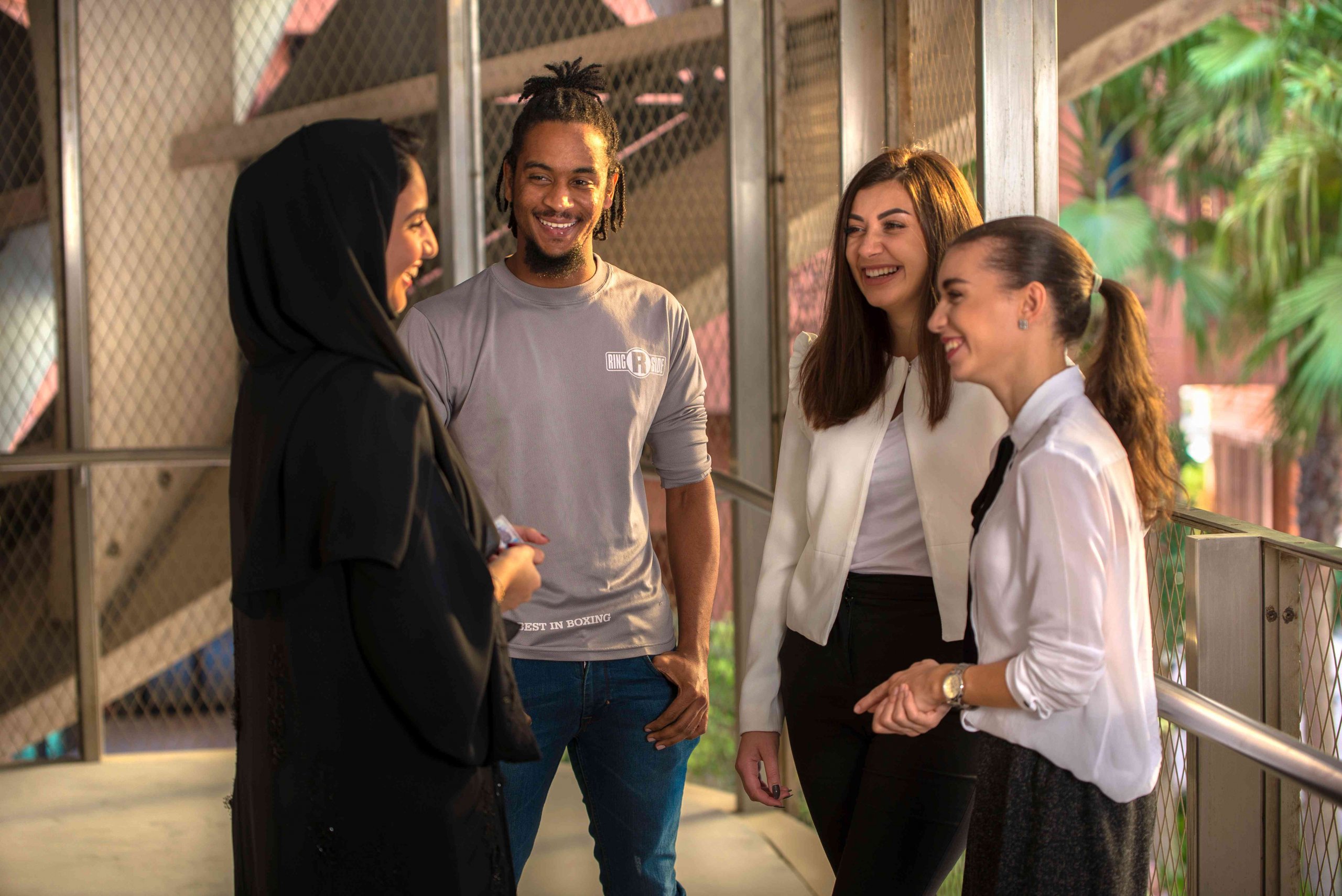First Operational 2032 Lithium-ion Coin Cell Developed with New Solid Polymer Electrolyte
Abu Dhabi-UAE: 5 February, 2012 – Masdar Institute of Science and Technology, an independent, research-driven graduate-level university focused on advanced energy and sustainable technologies, today announced it has filed a provisional patent application with the US Patents and Trademarks Office for a new lithium ion battery technology, marking a milestone in developing advanced materials for the renewable energy sector.
This is the first lithium battery-related patent application filed by Masdar Institute, although the research-driven institution has already filed eight other patent applications on technologies developed by faculty and students over the past year. The filing of a patent application is the first step before the technology begins the commercialization process.
A team of scientists and researchers led by Dr Raed Hashaikeh, Associate Professor – Materials Science and Engineering, Masdar Institute, has successfully developed the first operational 2032-coin cell type lithium battery using the new patented technology. The team included Materials Science and Engineering students Yarjan Abdul Samad, Ali Asghar, and post-doctoral fellow Dr. Boor Lalia.
The technology is currently termed ‘solid polymer electrolyte containing networked cellulose/PEG/LiClO4’. The ‘2032-coin cell type lithium battery’ is a small cell of 20mm diameter and 3mm in thickness, used for testing purposes at laboratories.
Dr Fred Moavenzadeh, President of Masdar Institute, said: “We have crossed another key milestone in driving innovation. The patent filing for the new solid polymer electrolyte has once again demonstrated Masdar Institute’s inherent strength as a research-driven institution. Our efforts towards reaching new frontiers in technology will continue and we thank the country’s leadership for their support that has kept us in the forefront of research and innovation.”
The electrolyte material that researchers at Masdar Institute have developed can be used to make batteries of varying sizes for different applications. It also has an enhanced room temperature ionic conductivity and enhanced mechanical stability which enables it to be used at a wide temperature range. This can be achieved without adding any flammable organic solvents that are typically used with lithium ion batteries. In addition, the conventional solid polymer electrolytes have poor mechanical properties at elevated temperatures, compared to the electrolyte developed at Masdar Institute.
Dr Raed Hashaikeh said: “With our recent 2032-coin cell prototype, we have passed the ‘proof of concept’ stage. However, further optimization, as well as research and development are still needed prior to commercializing this technology. At Masdar Institute, we are focused on developing new technologies, while commercialization of these technologies depends on many other external factors.
“The new technology may not have any direct relation with the Mitsubishi EVs that are being piloted at Masdar Institute. However, EVs in general that use Li-ion batteries – especially in extreme weather conditions and desert regions including the UAE – and can therefore benefit from the functional and mechanical stability of the newly developed electrolyte at elevated temperatures.”
Karen Hersey, Director, Technology Transfer Office (TTO), Masdar Institute, said: “At any time within 12 months of filing the provisional application, Masdar Institute can convert it into a full utility application in the USPTO and, if we choose, file it in the European system as well. This puts the application into a full examination process. If the invention is found to be novel and passes other tests required for patentability, it will be issued as a Masdar Institute-owned patent in 24-36 months. While the application is pending, Masdar Institute will look for commercial partners to develop useful applications for this new technology.”
Dr Hashaikeh received his Ph.D. in Materials Engineering from McGill University. Before joining Masdar Institute, he spent two years at FP Innovations-Paprican division, Canada, as Natural Sciences and Engineering Research Council of Canada (NSERC) Industrial Research and Development Fellow. In 2008-2009, he was a visiting scholar at MIT.
Established as an on-going collaboration with the Massachusetts Institute of Technology (MIT), Masdar Institute integrates theory and practice to incubate a culture of innovation and entrepreneurship, working to develop the critical thinkers and leaders of tomorrow. With its world-class faculty and top-tier students, the Institute is committed to finding solutions to the challenges of clean energy and climate change through education and research.






